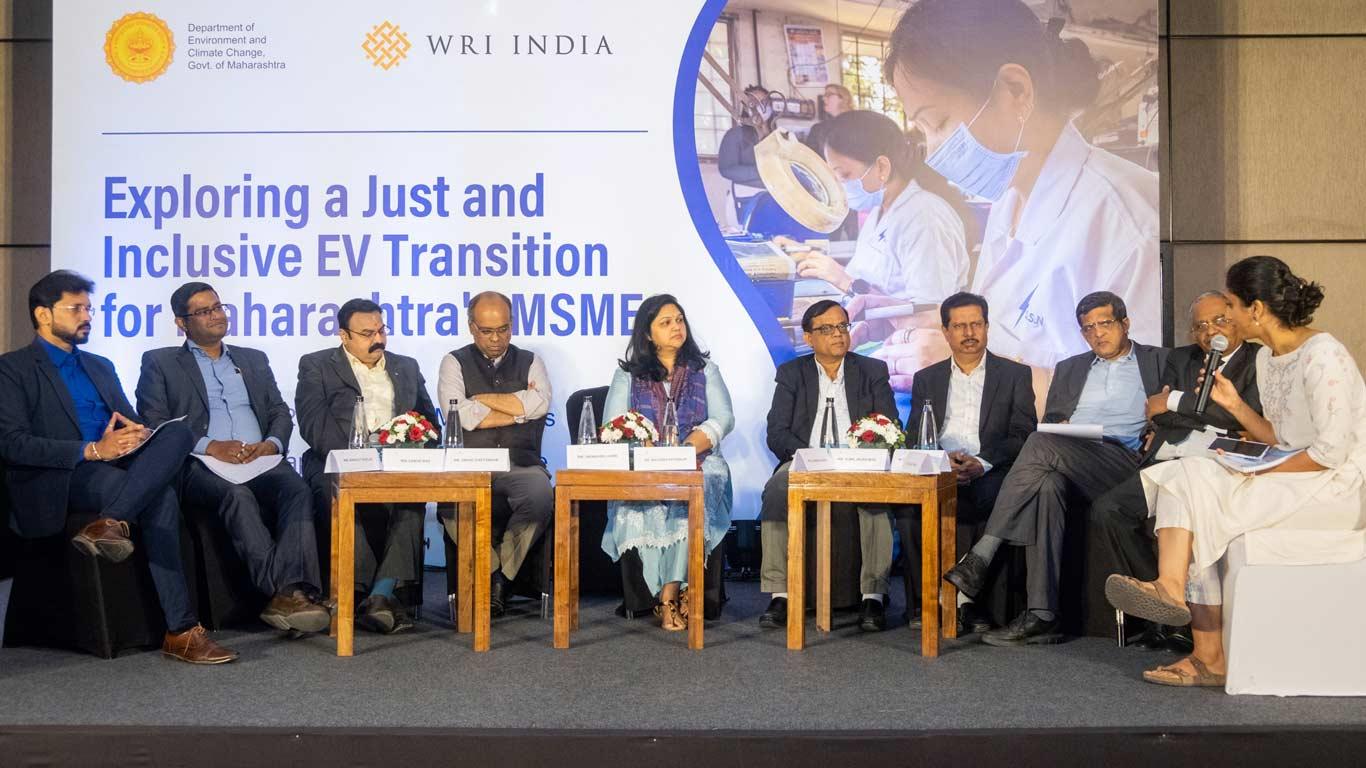
Maharashtra, WRI India Collaborate To Support EV Msmes
The initiative aims to facilitate a just and smooth transition from internal combustion engine (ICE) vehicles to electric mobility.
During a recent convening, WRI India announced a strategic knowledge partnership with the National Skill Development Corporation (NSDC) designed to enhance India's green skills infrastructure.
The collaboration seeks to support livelihoods and sustainability across multiple sectors, with a particular focus on automotive micro, small, and medium enterprises (MSMEs).
The initiative specifically targets supporting automotive MSMEs in their transition from traditional ICE vehicle manufacturing to the emerging EV ecosystem.
By providing critical resources such as access to finance, infrastructure development, and workforce skilling, the program aims to mitigate potential disruptions in the supply chain.
Abhijit Ghorpade, Director, State Climate Action Cell, emphasised the importance of a planned approach.
He noted that Maharashtra is at the forefront of India's EV transition, but an unmanaged shift could significantly impact the supply chain, which predominantly comprises MSMEs employing numerous contractual and informal workers.
The state is concurrently developing a Just Transition Policy to create a social safety net and develop a future-ready workforce.
A key highlight of the event was the launch of a comprehensive publication titled 'Creating Holistic and Skilled Enterprises for a Smooth and Just Transition to Electric Vehicles'.
Developed by WRI India and the Automotive Skills Development Council (ASDC), the report builds on previous research and outlines critical challenges and interventions to support MSMEs and workers during the EV transition.
Drawing from workshops conducted in Pune, Nashik, and Kolhapur, the publication recommends strategies including product diversification, skill development, establishing innovation hubs, creating viable financing mechanisms, and implementing supportive policy frameworks.
The goal is to ensure an equitable transition that leverages new opportunities for businesses and workers alike.
Government representatives also highlighted their commitment to the transition. Abhay Daptardar from the Ministry of MSME revealed that 41 MSME clusters have been identified in Maharashtra since 2006, with ongoing efforts to support automobile clusters through the EV transition.
Similarly, SIDBI representatives outlined financial support mechanisms, including financing for charging infrastructure, battery swapping stations, and collateral-free loans for manufacturing units.
(KNN Bureau)
Legal Disclaimer:
MENAFN provides the
information “as is” without warranty of any kind. We do not accept
any responsibility or liability for the accuracy, content, images,
videos, licenses, completeness, legality, or reliability of the information
contained in this article. If you have any complaints or copyright
issues related to this article, kindly contact the provider above.















Comments
No comment